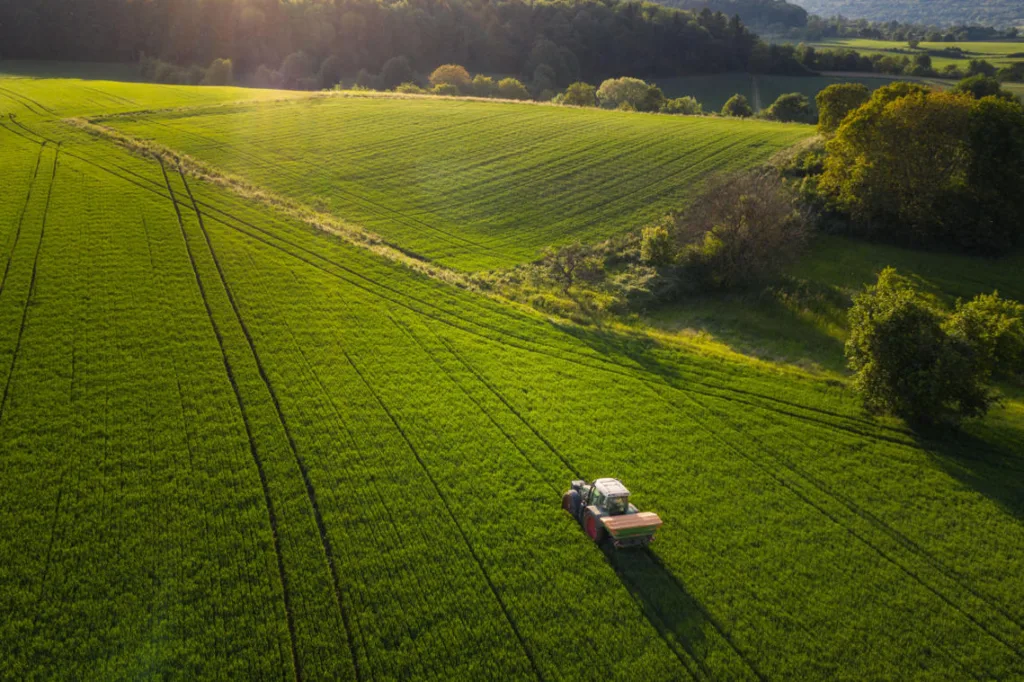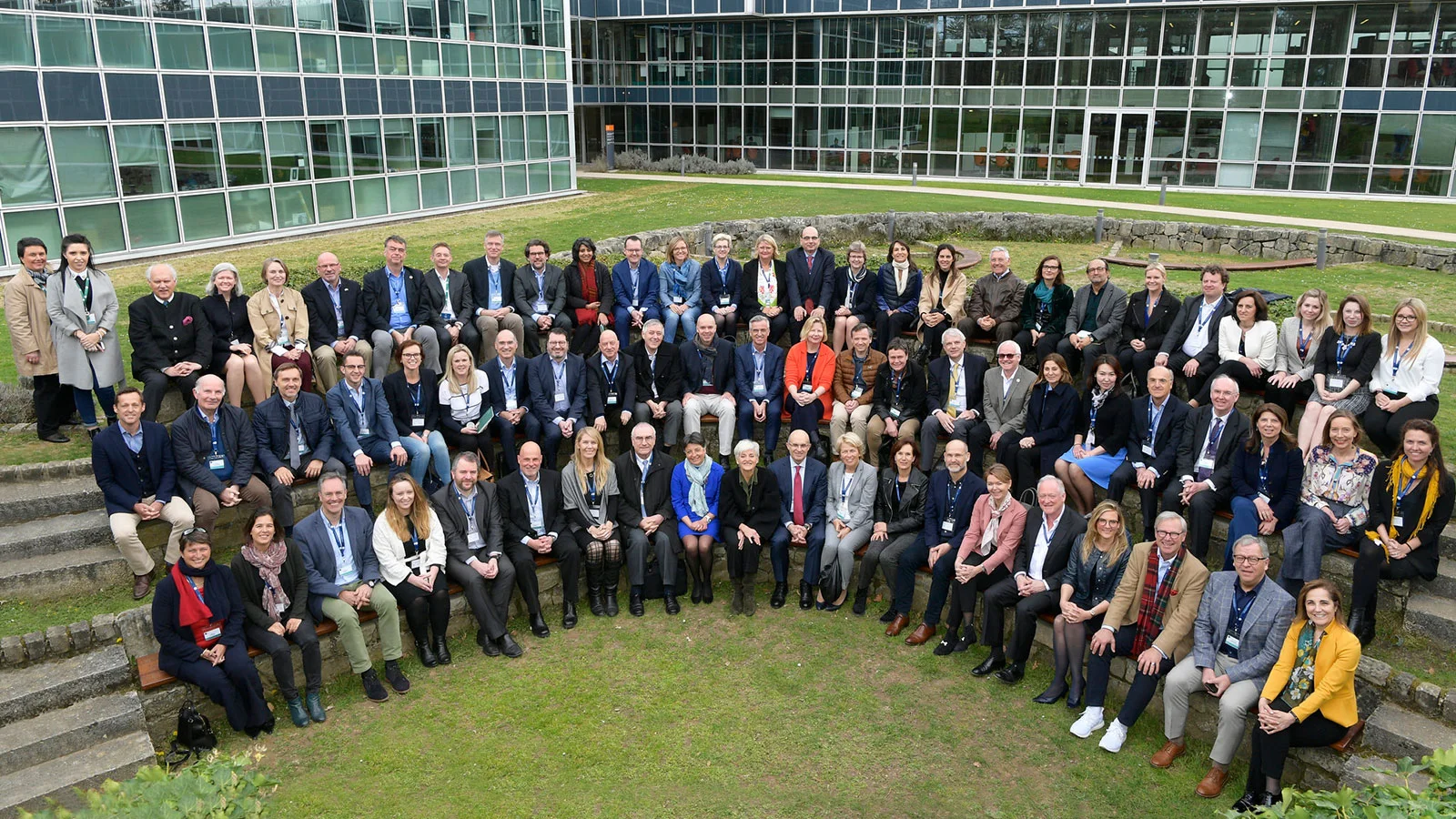Authors
Eleanor Leach
Last month, the World Business Council for Sustainable Development (WBCSD) brought together over 50 board members from major businesses to learn about bringing sustainability into every-day corporate governance. The training, developed in partnership with WBCSD and INSEAD Business School focused on competitiveness, longevity, risk management and future-proofing.
At the start of the conference, Professor Ludo Van der Heyden, Founding Director of the INSEAD Corporate Governance Center said, “Maximizing shareholder value alone is no longer acceptable in the modern world. Boards of Directors have to exercise fiduciary duty of care for the organization they govern, for its performance, but also for the multiple relationships with economic, social, political actors and partners.”
“In other words, boards need to act now,” he said. This set the tone for the entire event.
In the first official keynote, Lise Kingo, CEO and Executive Director of the United Nations Global Compact, kicked off by underlining urgency of sustainable development and what it means for business.
In 2015, 193 countries agreed on 17 Sustainable Development Goals and 169 targets as the first-ever global blueprint for achieving sustainable development.
“No set of goals has ever picked up with the private sector like these,” Kingo shared. The danger, she said, is that we aren’t moving fast enough.
Phillipe Joubert, Founder and CEO of Earth on Board, echoed Kingo’s concerns in his keynote speech. “We’re living beyond our means,” he said. “You don’t need to believe it – you just need to look at the signals nature is sending.”
“The crisis is here,” Joubert said. “We need a new business model, and boards have the duty to take the lead to change.”
As the world becomes more interconnected, a twenty-four-hour media cycle and increased transparency means boards can no longer ignore calls for sustainability without consequences from consumers, employees, regulators and the media.
“A reputation takes 20 years to build, but today, it can be destroyed in one click,” Joubert said. In what became a mantra for the week, Joubert emphasized that “business as usual, taking nature as unlimited and free is economically stupid, socially unacceptable and legally dangerous.”
At this point in the training, participants started to ask, what does strong board support for sustainability look like in practice?
Firmenich CEO, Gilbert Ghostine brought concrete examples. “You cannot be a successful business and leave the planet behind,” he said.
Ghostine highlighted that CEOs and other board members’ roles aren’t designed only to generate returns, they’re also meant to create jobs and fulfill the company’s purpose.
“CEOs [and boards] make choices every day, and it’s critical that they’re the right choices to keep the machine running.” Considering sustainability risks and opportunities is a key element of making the right decisions.
“There’s no reason you can’t take sustainability issues to the board,” Ghostine said. “If you position sustainability as an investment, then it’s unlikely that – in this day and age – people won’t support you.”
So, participants asked, if sustainability integration this straight-forward, why aren’t all boards doing it?
A misunderstanding of fiduciary duty lies at the heart of the issue. Antiquated norms say that the board’s only duty to generate returns for shareholders. But, in reality, a board’s duty is to perform in the best interest of the company, not the shareholders.
“Shareholders own shares, not the company,” said Joubert. “We have been hijacked by the financial markets, and the narrow focus on short-term returns has damaged the corporate governance structure.”
“You would never say a company exists only for profit,” said Joubert. “A company is always created for a purpose, and this purpose is never quarterly profits. Profit is the necessary result, not the purpose of the company.”
Private sector obsession with short-term results and quarterly reporting has meant that boards are often focused on “making money today, cashing out the dividends and leaving the bill for future generations.”
On top of this, participants added, many boards don’t think investors care about sustainability – which isn’t the case. In 2017, the CFA Institute surveyed over 1,500 portfolio managers and research analysts – 73% said they take environmental, social and governance (ESG) issues into account in their investment analysis and decisions.
For businesses to move forward, believers must take an active role in addressing these misconceptions.
Participants and speakers also indicated that, once convinced, boards need to understand the tangible steps they can take integrate sustainability.
In response, Prof Dr Rodney Irwin, Managing Director at the World Business Council for Sustainable Development (WBCSD), presented cutting edge tools on risk management, disclosure and governance – each designed specifically to help mainstream business leaders integrate sustainability into core business strategy.
“Sustainability is not a department, job title or report,” he said. “It’s a fully integrated approach to understanding your impacts and dependencies on the stocks and flows of natural, social, financial and human capital.”
New work coming out of WBCSD aims to help companies grapple with these topics.
“Applying Enterprise Risk Management to Environmental, Social and Governance (ESG)-related Risks” is a newly released guidance, designed in partnership with the Committee of Sponsoring of the Treadway Commission (COSO). It’s designed to help organizations worldwide respond to the increasing prevalence and severity of ESG-related risks, ranging from extreme weather events to product safety recalls.
The guidance offers an opportunity for business leaders to expand their understanding of the risk profile and the value creation model – while enabling them to consider how these issues impact all stakeholders.
Prof Dr Irwin shared that WBCSD is willing to travel to eligible companies to provide hands-on workshops to support the implementation of this guidance.
But, once companies understand their sustainability risks and learn to manage them in accordance with the changing times, Irwin said, boards will need to agree about how to communicate this information to their stakeholders – and especially to investors.
But as evidenced in conversations over the course of the week, there can be challenges to getting “decision useful” information about sustainability risks and opportunities into the hands of investors.
“If all you’re doing is sustainability reporting, you’re not doing sustainability,” said Irwin.
Irwin pointed out that new tools like WBCSD’s ESG Disclosure Handbook & Indicator Library are practical resources that address key disclosure questions and decisions, to help companies cut through the noise to report the most relevant information for the business and for investors.
“Sustainability noise is a huge part of the problem,” one participant said.
Business and the board need to ensure they’re getting and sharing only the most relevant information on sustainability. The board will be key in driving uptake and adoption of these important tools and in driving the global sustainability agenda forward.
In a powerful closing, Mario Abela, Director of Redefining Value at WBCSD challenged the audience by saying, “Look, if your board thinks sustainability is irrelevant, then disclose that to your stakeholders. Make it public and let the capital markets make a judgment.”
“We need to get real about this,” he said, “let’s stop talking about sustainability as separate, and just talk about running a good business.”
Sustainability issues are coming into the mainstream whether we believe it or not, we don’t have a choice. As the rubber meets the road, everyone in their respective organizations – and especially the board – will need to have the right leadership qualities to really make a change.
According to Kingo, individuals will need courage, a strong commitment to ethical corporate culture, the desire to defend democracy, the patience to repeat what’s necessary, the drive to be responsible, the foresight to make all voices heard and the willpower to never give up.
So, what will it take your board to take sustainability seriously?
Keep an eye out for future trainings coming later this year, and contact leach@wbcsd.org to get involved with the WBCSD Governance and Internal Oversight project.
WBCSD news articles and insights may be republished in accordance with the Creative Commons Attribution-NonCommercial-NoDerivatives 4.0 International Public License, and in accordance with our Privacy Policy. All Content must be featured with due credits.
Related
Content

WBCSD and AICPA & CIMA publish a new Integrated Performance Management framework to drive strategy performance and engage workforces
26 October, 2023

The future of food – How Kraft Heinz is working toward and contributing to a more sustainable food system
17 October, 2023

TNFD releases proposed disclosure metrics for the forest sector
19 September, 2023

